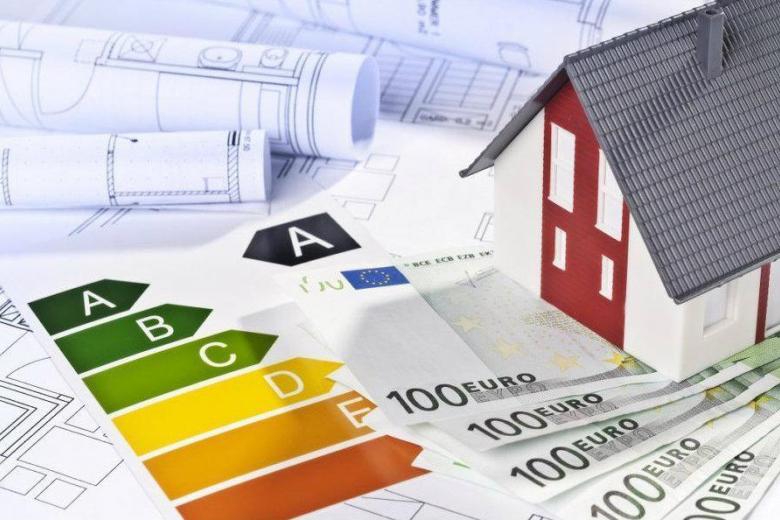
The Greek government is preparing to launch another round of subsidies through the program called “Save 2024” in the second half of 2024 that will also help reduce emissions of buildings.
About “Save 2024”
According to reports at To BHMA, the Greek Ministry of Environment and Energy is designing a new financial aid program that will release 870 million euros in a very different way than last year.
The Ministry will mobilize around 700 million euros in funding from the National Strategic Reference Framework (NSRF) and 170 million euros in REPowerEU and is considering changing the way this new round of funding is administered, eligibility criteria, and its overall focus, according to sources at To BHMA.
Building on its experience from the “Save 2023” funding, the Ministry observed that poor and even middle income houses often abandon their efforts to implement energy upgrades to their houses on account of the high material costs.
Additionally, the Ministry has identified a need to further centralize the process with the assistance of companies, which will effectively “represent” the consumer, as opposed to citizens who undertake upgrades on their own with the help of their own personal engineers and contractors.
Importantly, however, the new tranche of aid will incorporate the need to reduce emissions and focus on decarbonization, as opposed to just reducing energy costs. For this reason the new round will support installation of technologies such as heat pumps.
New Rules on Building Emissions from the European Parliament
The repositioning of the program occurs against backdrop of new regulations constantly pouring in from the European Parliament (EP), with the Parliament ruling just last week that all new buildings must be zero-emissions from 2030.
Of course, the rules will have to passed through the Council of Ministers to come into force, but the decision highlights the commitment of Europe to push ahead with its ambitious Green Deal program.
In its press release on the rule, the European Parliament highlights that “The proposed revision of the Energy Performance of Buildings Directive aims to progressively reduce greenhouse gas (GHG) emissions and energy consumption in the EU building sector, and make it climate neutral by 2050. It also aims to have more worst-performing buildings renovated and improve information-sharing on energy performance.”
The Targets of the EP’s Directive
The new targets of the Directive are:
All new buildings should be zero-emission as of 2030
New buildings occupied or owned by public authorities should be zero-emission as of 2028 and consider the production and disposal of construction products used to build it
Residential buildings must reduce the average primary energy used by at least 16% by 2030 and at least 20 to 22% by 2035
Member states must renovate the 16% worst-performing non-residential buildings by 2030 and the worst-performing 26% through minimum energy performance requirements by 2033
Public and non-residential buildings should have solar panel installations, if possible, and on all new residential buildings by 2030.
Member states must stop subsidizing stand-alone fossil fuel boilers by 2025, and develop plans to decarbonize heating systems and phase out fossil fuels in heating and cooling by 2040. Aid can still be given for hybrid heating systems that use a considerable share of renewable energy, such as those combining a boiler with a solar thermal installation or a heat pump.
Important Exceptions for Greece
As of now the EP has announced two key exceptions to the above rules, one of which is particularly important for countries like Greece which are filled with old historical buildings. These buildings, which are officially deemed to be “heritage buildings”, may be excluded from the rules.
In addition to this, so are agricultural buildings, those with a particular architectural or historical value, and even churches and places of worship, says the EP.
The Challenge of Implementation in Greece
To BHMA noted that the average energy upgrade cost of 2 to 3 classes is around 25,000 euros, resulting in a bill of over 32 billion euros for buildings alone. And this may not be the end of it, because gas and oil burners will have to be changed to heat pumps from 2040. This means that the networks and subsidies the country is currently building will all be obsolete.
The source told To BHMA that 70 billion euros is needed for residential buildings alone, with maybe another 30 billion necessary to cover industrial, business and public buildings. But there simply isn’t enough public funding available to fund the transition, which means that private capital will have to be mobilized.
Source: tovima.com
Latest News

Jerry Kalogiratos Highlights Key Role of Energy Transition and Data Demand in LNG Outlook
Energy transition and the prospects of LNG were discussed at Capital Link’s 19th Annual International Maritime Forum, during a panel discussion with Jerry Kalogiratos (Capital Clean Energy Carriers Corp.)

Santorini Safe and Ready for a Dynamic Tourism Season
Authenticity, cultural heritage, and genuine experiences at the center of Santorini's new promotional campaign

Electricity Bills: Greece Announces Reduced Tariffs Schedule
Greece will now offer lower electricity rates between 11:00-15:00 and 02:00-04:00

Chevron Confirms Eyeing Natural Gas Exploration South of Crete
Chevron recently declared its intent to explore a third area, south of the Peloponnese.

Evangelos Marinakis: A time of change from which shipping can benefit
Speaking at the 19th Annual Capital Link International Shipping Forum Evangelos Marinakis stressed the challenges that shipping faces today

Retail Trade in Greece Up 2.5% in December 2024: ELSTAT
In January 2025, the General Turnover Index recorded a 2.5% increase compared to January 2024. Compared to December 2024, it recorded a significant decline of 18.4%

Greek Fruit and Vegetable Exports Surge
Greek exporters have expressed concerns over a new draft law in Bulgaria that mandates at least 50% of products in stores to be of Bulgarian origin.

Trump Tower in Greece? Speculation Grows Over Potential Investment
In 2007, the Trump Organization explored the possibility of constructing a skyscraper complex and casino at the former Ellinikon Airport site in Athens
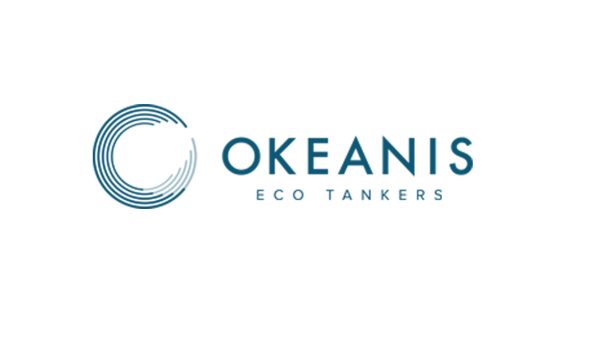
Was Aristidis Alafouzos, CEO of Okeanis Eco Tankers, cheering over extra earnings from carrying ‘sanctioned’ Russian oil?
Okeanis CEO Aristidis Alafouzos tried to give assurances that the company was not carrying sanctioned Russian oil - Recently published data point to the opposite
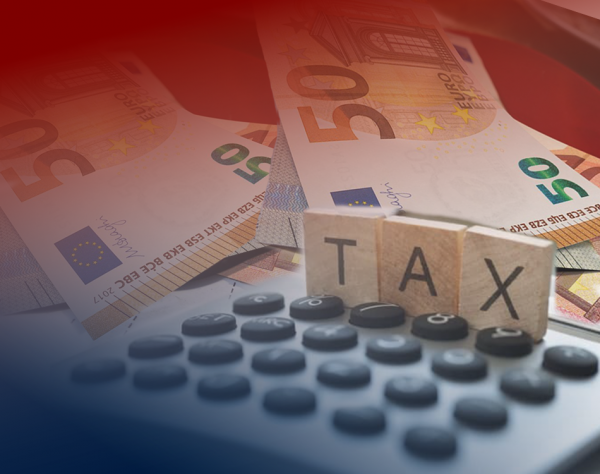
Tax Filing in Greece Surpasses Expectations
Taxpayers who submit their returns by April 30 will benefit from an increased tax discount of 4% if they opt for a lump-sum payment by July 31, 2025










![Τουρκία: Μεγάλες βλέψεις για παραγωγή ηλεκτρικών οχημάτων [γράφημα]](https://www.ot.gr/wp-content/uploads/2025/03/ot_turkish_autos-90x90.png)







![Ξενοδοχεία: «Τσίμπησαν» οι τιμές το 2024 – Πόσο κόστισε η διανυκτέρευση [πίνακας]](https://www.ot.gr/wp-content/uploads/2025/03/hotels-90x90.jpg)




![ΕΛΣΤΑΤ: Αυξήθηκε η οικοδομική δραστηριότητα κατά 15,6% το Δεκέμβριο [πίνακες]](https://www.ot.gr/wp-content/uploads/2025/03/DSC9655-2-1024x569-1-90x90.jpg)


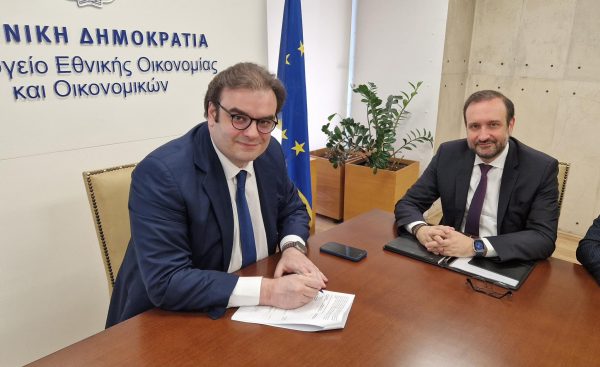





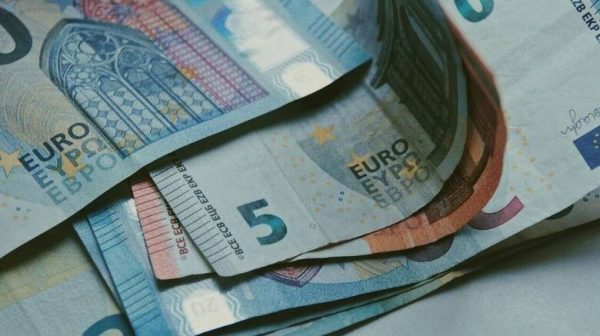



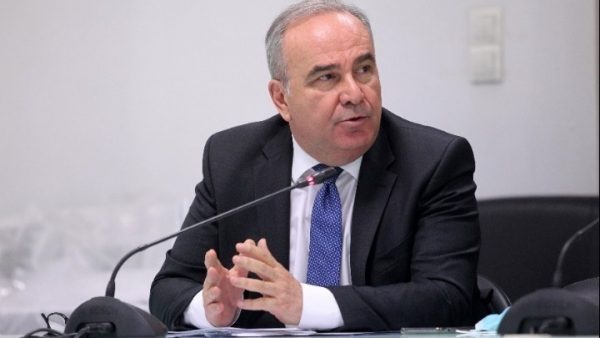


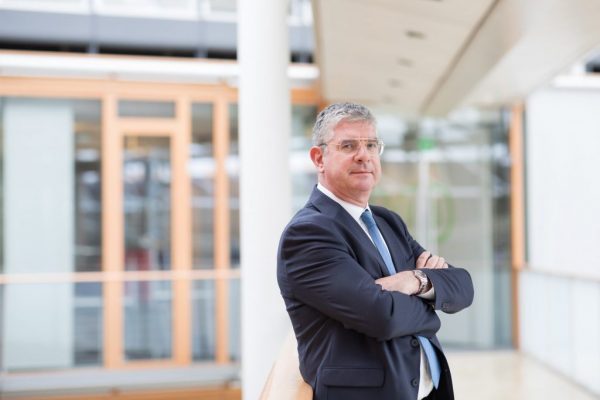
 Αριθμός Πιστοποίησης
Αριθμός Πιστοποίησης